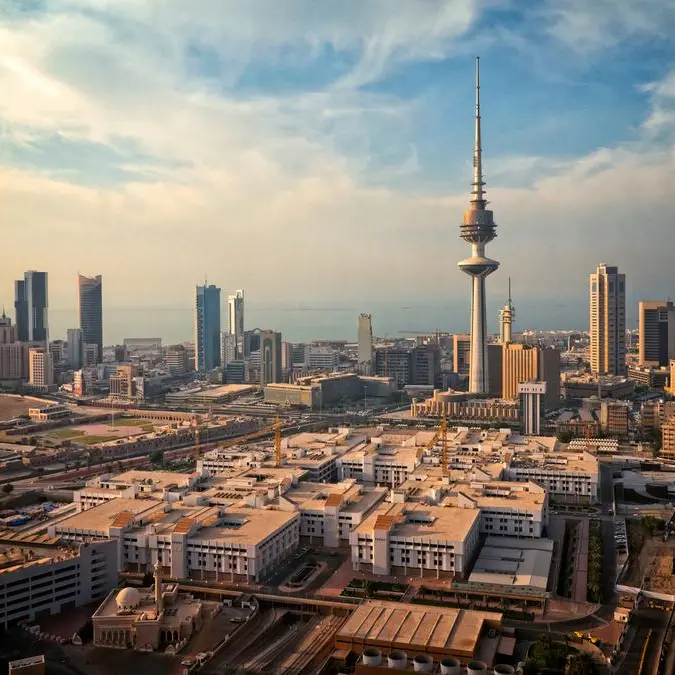RIYADH: How will the increase affect the Saudi economy?
In its discussions with the GCC member states around the introduction of VAT, the IMF has been clear that rates of VAT higher than the 5 percent standard rate initially enacted, are necessary to preserve fiscal spending. The latest announcement brings Saudi Arabia’s standard rate of VAT more in line with other global regimes, although still significantly lower than some European regimes where VAT rates are generally in the 20s. As Saudi Arabia works toward its goals as part of Vision 2030, especially in relation to infrastructure spending, the increase in the rate of VAT could potentially help drive continued government investment, particularly in the context of low oil prices. Ultimately, sustainable government spending in an economy creates jobs, which in turn stimulates economic activity and growth.
How will these measure be felt in the short, medium and long term?
While these are exceptional times, the initial introduction of VAT in Saudi Arabia at the beginning of 2018 was met with minimal disruption to businesses and impact on consumers. Therefore, provided consumer spending remains consistent, and tax revenues are quickly reinvested in the economy, the increase in the VAT rate could be a positive move in the medium to long term. Ensuring a balanced approach to the government’s fiscal position will support business confidence, and in the medium to longer term, could increase investment and economic growth in the Saudi economy.
Is the 15 percent VAT rate here to stay?
Since the introduction of VAT, it has been understood by many in the profession that the GCC member states would ultimately look to raise their VAT rates, to align with other global VAT and GST regimes, and to increase government revenues to support continued fiscal spending. For Saudi Arabia at least, the 15 percent rate could potentially be here to stay depending on the circumstances, and is consistent with calls by the IMF for higher VAT rates across the GCC.
How will companies react?
Businesses impacted by the increased VAT rate, will face a challenging decision as to whether to pass on the additional VAT to their customers, or absorb this cost to some degree. Many businesses may have no choice but to pass on the additional cost to customers, bound by long term agreements and fixed pricing, capping legislation, or a need to preserve profit margins.
Copyright: Arab News © 2020 All rights reserved. Provided by SyndiGate Media Inc. (Syndigate.info).




















